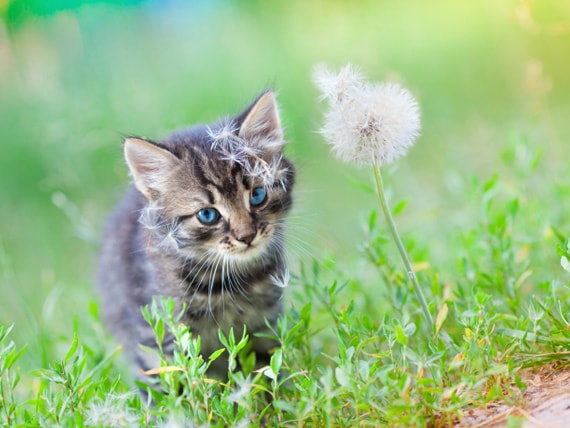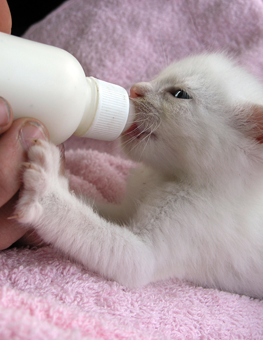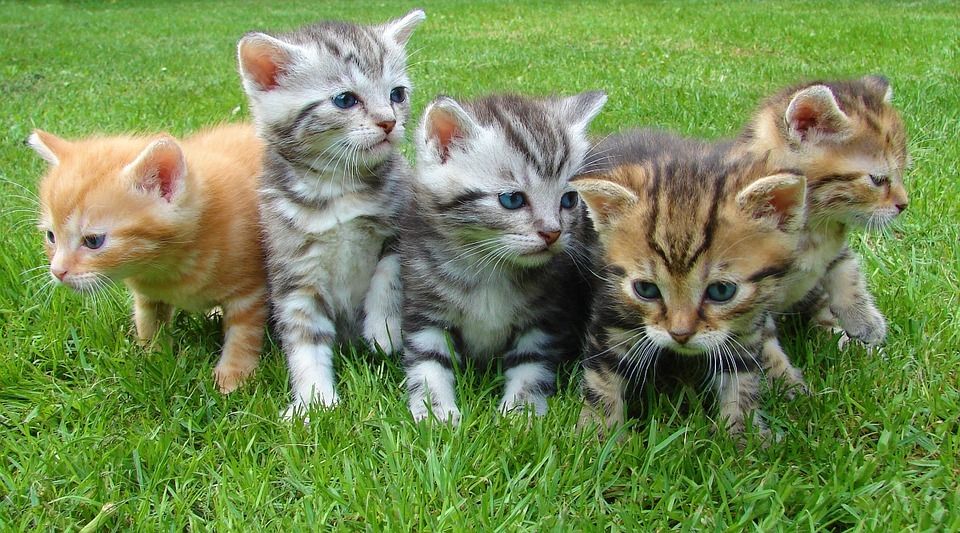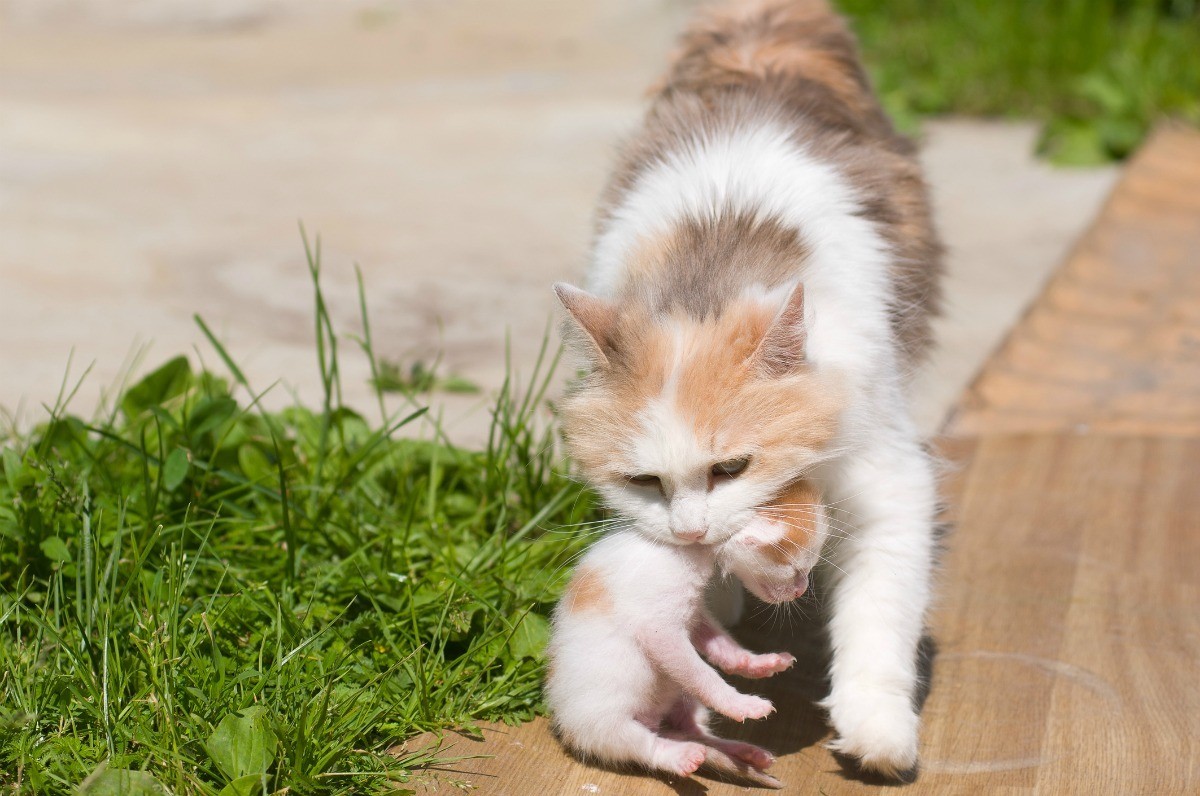 How Fast Should Newborn Kittens Breathe - newborn kittens
How Fast Should Newborn Kittens Breathe - newborn kittensIs your baby getting enough milk? Check your wet diapers. Is my baby getting enough to eat? Is my baby sick? These are concerns that can keep the mind of parents spinning. It may be terrifying to think that your baby could not be getting what they need to thrive. Looking at your wet diapers can really give you some important information in this area! Because the fluid that comes out usually correlates with the fluid that enters, many breastfeeding parents feel comfortable knowing that their baby is producing enough wet diapers (and putting a healthy amount of weight). The color, texture and smell of diapers can also give indicators of how your baby's internal systems are doing. In short, here is the breakdown: Things can with only two wet diapers on Day 2, and three wet diapers on Day 3. But for the day 5 rolls around you you should see six or more wet diapers in a 24-hour period. Although not all these diapers will be soaked, it is important to ensure that they prevent. As your baby ages and your bladder is able to hold more, you may notice that they start holding your urine for longer, and pack the diaper more thoroughly. It's likely that more than 6 to 8 diapers a day instead of 8 to 10 when that happens. In addition to wet diapers, you should also see at least 3 to 4 feces a day when your baby is 4 days old. The color of your stool should also be changing. While babies are born with black meconium poop, per day 4 or 5, the color should be yellow with a soft and face texture. All this indicates that your baby is getting enough to eat! A poop note For breastfeeding babies over 6 weeks, it is completely normal if there are 3-4 days between bowel movements. In fact, according to, some babies over 6 weeks will spend a week in caca. As (a natural laxative) leaves the milk, babies fall less frequently than they did in the early days. As long as your baby continues to earn £1–2 per month, there is no concern. After the first week, your baby is well hydrated if you have at least 6 damp diapers a day, without more than 8 hours between wet diapers. If none of these conditions are met, your baby may be dehydrated. In addition to the lack of wet diapers, you can look for some of the following signs of dehydration to know if something can be wrong with your baby: Slow and stable liquid consumption goes a long way to prevent. If you are your baby, you will want to offer them your breast often when you are in a warm environment or. If your child is drinking out of cup or bottle, you will want to be sure that this is accessible to them more often throughout the day. Feeding sessions can be shorter than usual if your child does not feel well, so increasing frequency can help make sure your child has enough fluids in your body. You'll also want to think about what liquids you're putting on your son's body. For older babies and young children, the use of an oral solution like Pedialyte can help them stay hydrated with lots of electrolytes. You can consult with your doctor if you recommend using a rehydration solution and how often. In addition to keeping your baby fed, you will want to make sure they are properly dressed. This will help you avoid losing fluids through excessive sweat or cutting. And if you travel to higher altitudes, make sure to encourage your baby to drink as often as possible. You should definitely alert your child's pediatrician if:For breastfeeding babies' parents, you can feel like a guessing game how much milk your baby is getting. Because it is more difficult to quantify for breast-feeding babies, medical professionals often focus on a 24-hour period. From the moment a baby is born until he returns to birth weight (about 10 to 14 days after birth), a breastfeeding baby must be fed every 2 to 3 hours. After that, a baby should be fed approximately 8 to 10 times a day. For formula-fed babies, it is possible to have a little more specificity on ounces. According to the , a newborn will drink about 2 to 3 ounces (60 to 90 milliliters) of formula every 3 to 4 hours after the first days. By the time a baby is one month old, they usually eat about 4 ounces every 4 hours. As their stomachs continue to grow, in 6 months they will consume 4 to 5 bottles of about 6 to 8 ounces. This amount may decrease in the following months as more solid foods are added in your diet. If you are fighting with a , you may need to find a quiet space without distractions. You can also try a different lactation position or bottle/nipple size. Wet diapers are one of the best indicators your baby is well fed and hydrated. Keeping a close eye on the number of wet diapers that your baby produces every day, you will be able to better respond to your needs. As always, if you're worried, talk to your pediatrician. But in the meantime, enjoy those happy smiles and dairy when your little one falls into your arms after feeding you. Last medical review on September 29, 2020 related stories Read this next series of words
Site share this page Thanks to our sponsors AboutKidsHealth is proud to partner with the following sponsors, as they support our mission to improve the health and well-being of children in Canada and around the world, providing accessible information on health care online. Our sponsors AboutKidsHealth Learn more This site meets the HONcode standard for reliable health information:

How Fast Should Newborn Kittens Breathe - newborn kittens
How Fast Should Newborn Kittens Breathe - newborn kittens
How Fast Should Newborn Kittens Breathe - newborn kittens
How Fast Should Newborn Kittens Breathe - newborn kittens:max_bytes(150000):strip_icc()/mom-and-her-three-newborn-kittens-642254948-5915f4023df78c7a8ca4a1d3.jpg)
How Fast Should Newborn Kittens Breathe - newborn kittens
How Fast Should Newborn Kittens Breathe - newborn kittens
How Fast Should Newborn Kittens Breathe - newborn kittens
How Fast Should Newborn Kittens Breathe - newborn kittens
How Fast Should Newborn Kittens Breathe - newborn kittens
How Fast Should Newborn Kittens Breathe - newborn kittens
How Fast Should Newborn Kittens Breathe - newborn kittens
How Fast Should Newborn Kittens Breathe - newborn kittens
How Fast Should Newborn Kittens Breathe - newborn kittens
How Fast Should Newborn Kittens Breathe - newborn kittens
How Fast Should Newborn Kittens Breathe - newborn kittens
How Fast Should Newborn Kittens Breathe - newborn kittens
How Fast Should Newborn Kittens Breathe - newborn kittens
How Fast Should Newborn Kittens Breathe - newborn kittens
How Fast Should Newborn Kittens Breathe - newborn kittens
 How Fast Should Newborn Kittens Breathe - newborn kittens
How Fast Should Newborn Kittens Breathe - newborn kittens



:max_bytes(150000):strip_icc()/mom-and-her-three-newborn-kittens-642254948-5915f4023df78c7a8ca4a1d3.jpg)














Posting Komentar untuk "sfejdobxk2i -site:youtube.com"